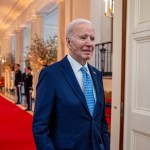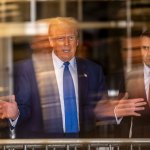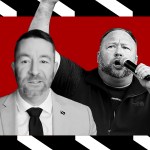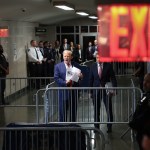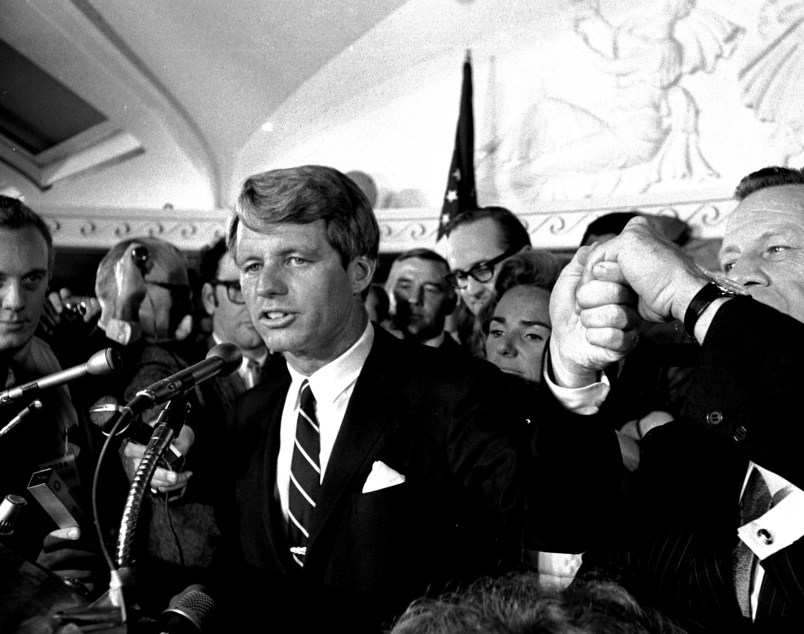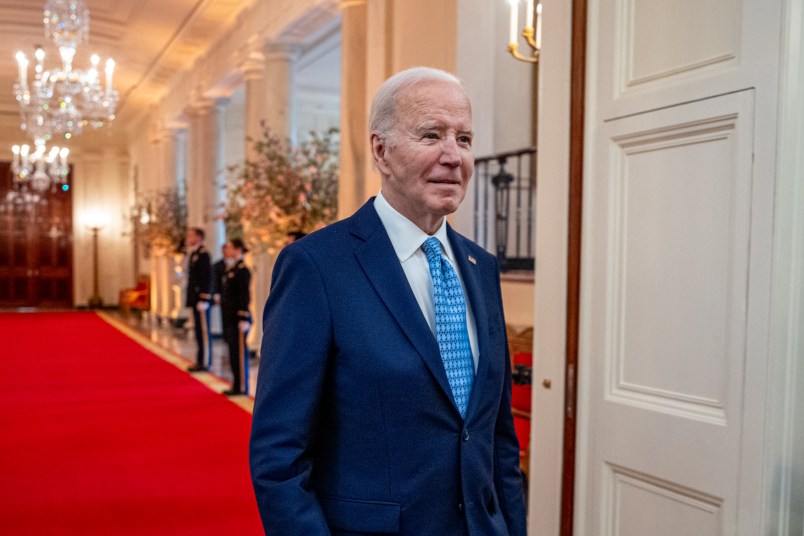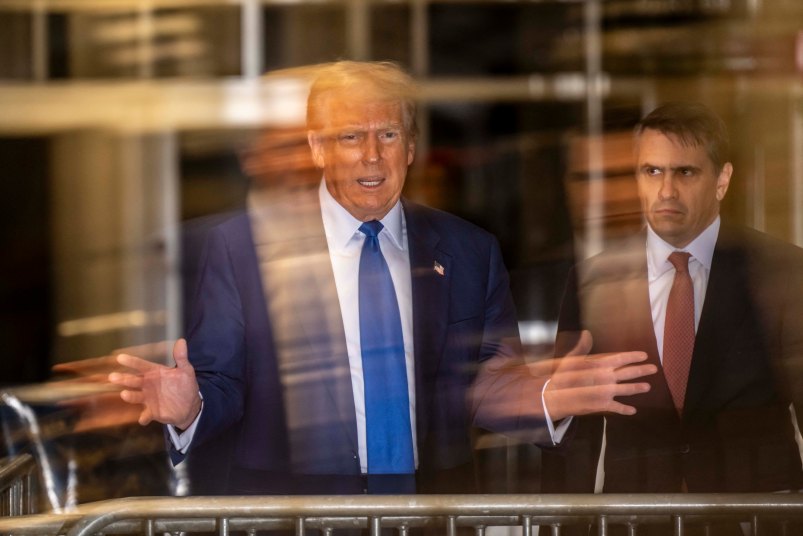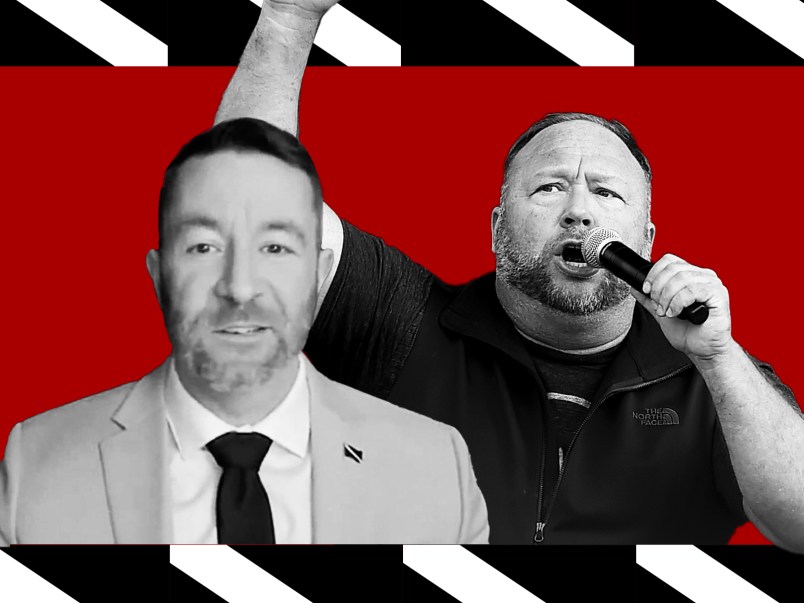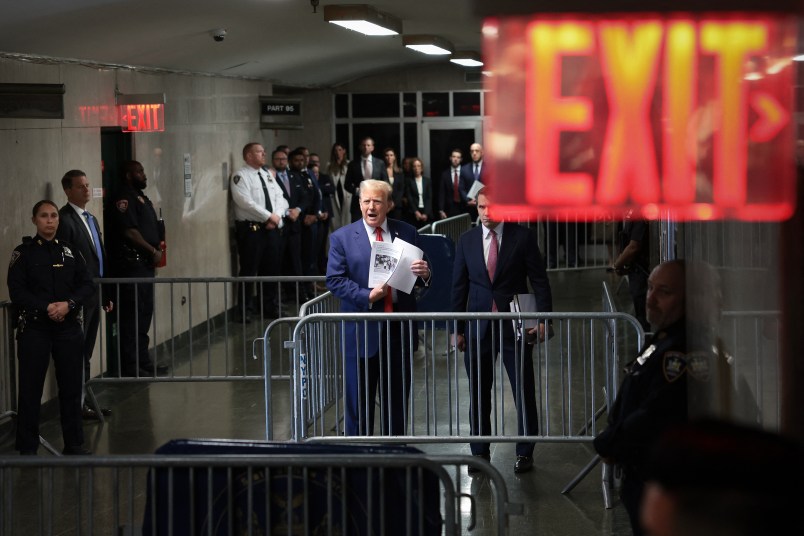BOSTON (AP) — Newly released papers from Robert F. Kennedy’s tenure as U.S. attorney general offer a window into the Cold War’s early years, when Kennedy and his brother’s administration were consumed with countering the Communist threat worldwide.
In one note, a general frets to Kennedy over putting “the right spirit into bureaucrats” to get them to support part of a broad operation to destabilize Fidel Castro’s Cuba.
Another memo outlines the case for a congressional resolution to repel communism in Southeast Asia, after U.S. reconnaissance planes were shot down over Laos in 1964.
Even Kennedy’s gift of a “striking pair” of gold cufflinks to CIA Director John McCone in 1964 served the cause of defeating communism.
“You mentioned them as a reminder of mutual interest in counterinsurgency,” McCone wrote in his thank you note. “However they … will also serve as a reminder of our enduring friendship.”
The documents were among 7,500 pages released Wednesday from Kennedy’s tenure as attorney general from 1961 to 1964 under both his brother, President John F. Kennedy, and Lyndon Johnson.
They range from innocuous letters from ordinary citizens to top-secret CIA reports. A “verbatim translations of a Soviet TOP SECRET training manual” from 1961 is included. Its origins are identified only as “reliable Source (B).”
Some papers allude to documents so sensitive, only the record that they were burned remains.
National Archives officials say the release is part of the 50th anniversary of President Kennedy’s administration. It’s also part of the terms of a 1973 agreement with Robert Kennedy’s wife, Ethel.
In October, the archives and records administration released about 2,700 pages of documents Robert Kennedy collected.
The president’s brother’s influence extended far past the duties of his office, said national archivist David Ferriero.
“As President Kennedy’s attorney general, closest adviser and confidant, Robert F. Kennedy played a vital role in the Kennedy administration’s policy decisions,” he said.
Some papers discuss harrowing conditions in Cuba, including after the failed Bay of Pigs invasion in 1961.
“Americans are being hunted, imprisoned, held incommunicado and treated in a manner of the medieval ages in Cuba today,” reads one Department of Justice report from that year.
A letter from President Kennedy, written in the days of the invasion, stresses the need for different approaches. It reads, “It is apparent that we need to take a close look at all our practices and programs in the areas of paramilitary, guerrilla, and anti-guerrilla activity which fall short of outright war.”
The president authorizes a plan called Operation Mongoose to destabilize Cuba from within, such as by blowing up power stations and planting U.S. Intelligence infiltrators, and he taps his brother to oversee it. In a note to Robert Kennedy, included in his Mongoose files, Gen. Ed Lansdale worries about selling aspects of the plan.
“I decided to lay it on the line on what it will take to win against the Communist team,” Lansdale says in the December 1961 note. “I’m not sanguine that even a heavy whip will put the right spirit into bureaucrats, but doggone it we have to work with what we have.”
Even lighthearted notes from Kennedy are avenues to talk about repelling communism. In 1963, Kennedy sent a brief congratulations to Secretary of Agriculture Orville Freeman, joking that he’s sending his best wishes despite the fact that the budget for Freeman’s department was increased.
“You spend more on hogs than we do on lawyers,” Kennedy writes.
In his response, Freeman writes that the success of American agriculture in the country’s best weapon against communism.
“It is the strongest deterrent to the spread of communism because of the contrast between American agriculture and that of the communists is apparent to the whole world,” he wrote.
Copyright 2013 The Associated Press.

